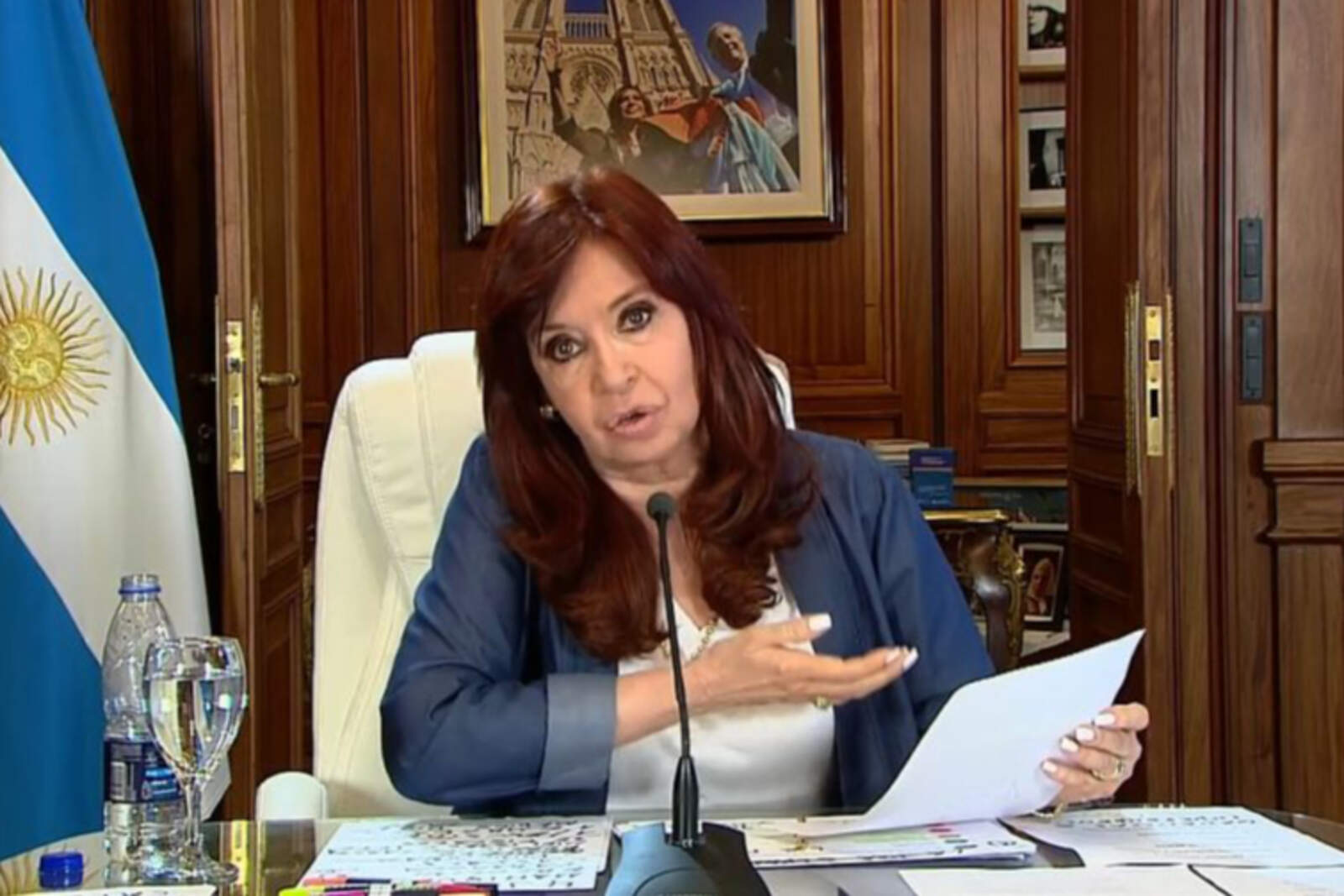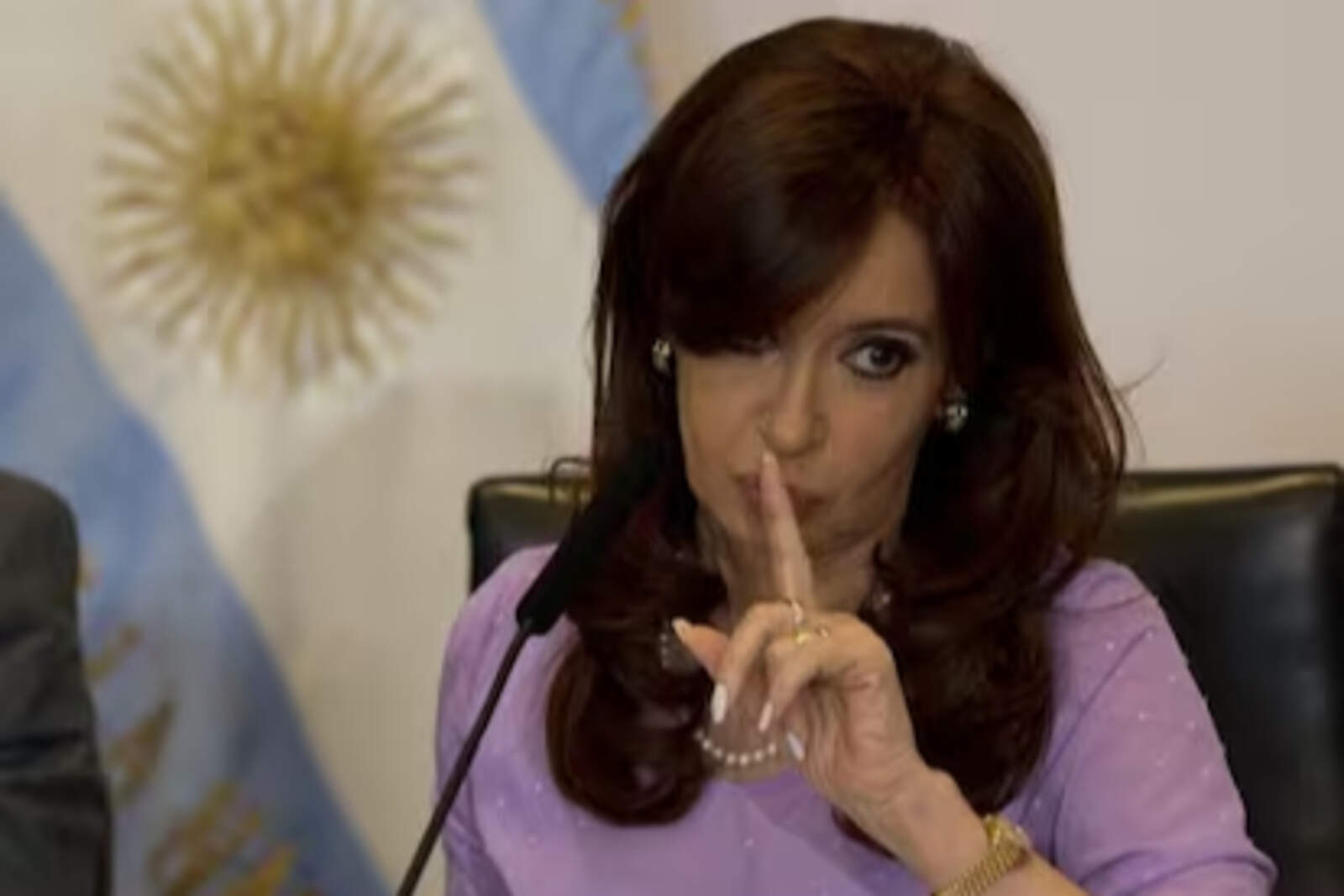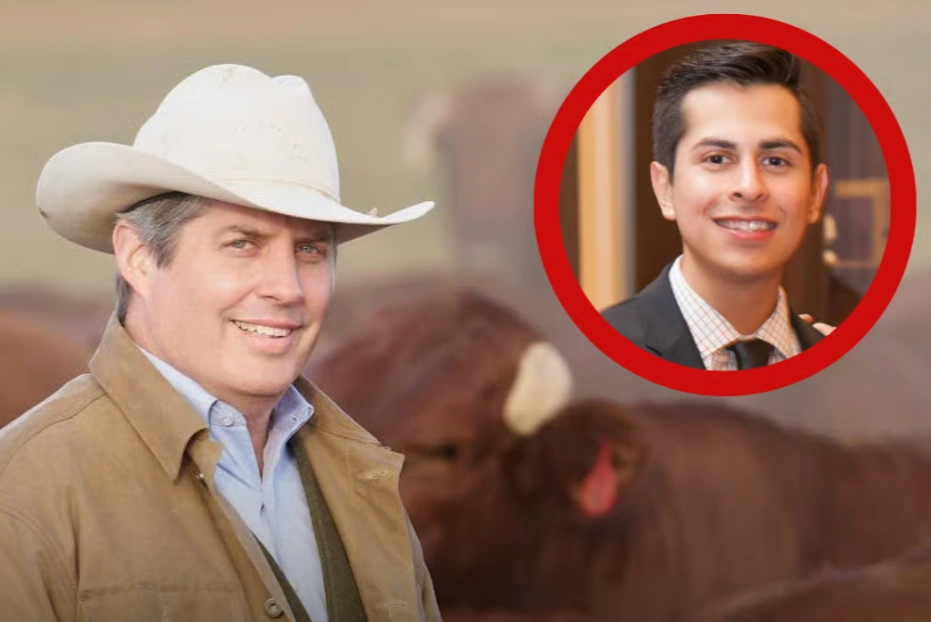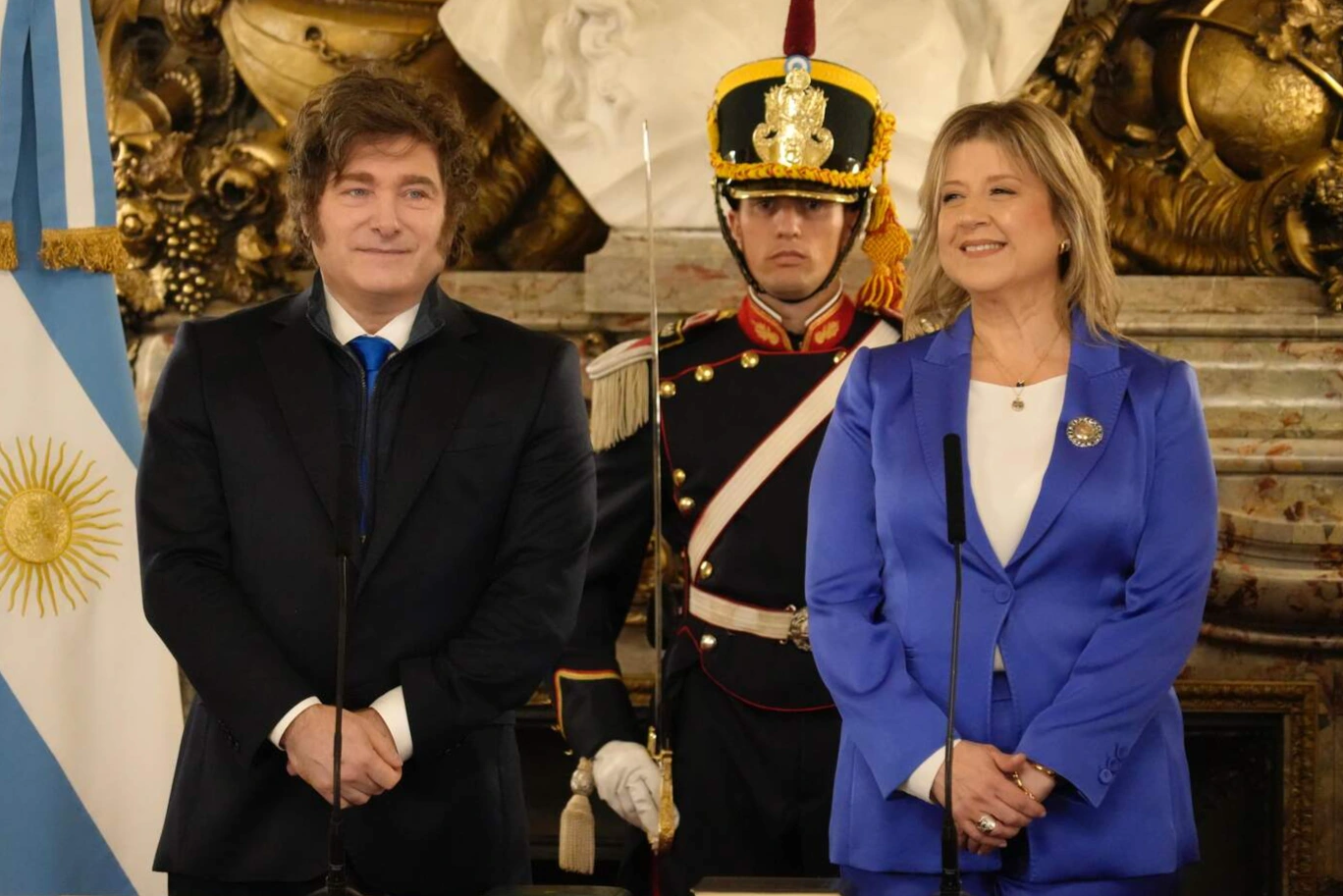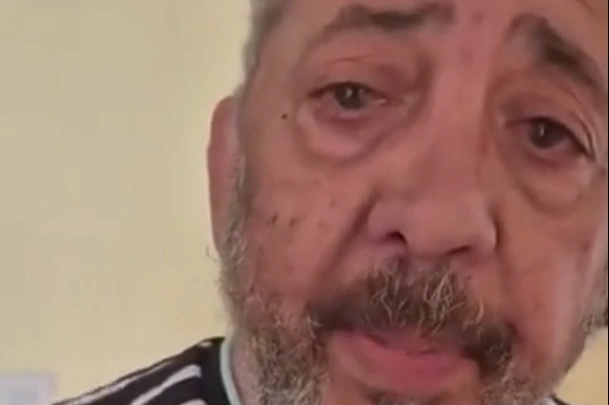The Supreme Court of Justice rejected on Wednesday, considering it inadmissible, the recusal filed by the convicted former president for corruption, Cristina Kirchner, against Judge Ricardo Lorenzetti in the context of the complaint appeal related to her six-year prison sentence in the case known as "Vialidad."
This way, the highest judicial body is fully authorized to decide whether to uphold the sentence and the lifetime disqualification from holding public office. The ruling was issued one day after the former president announced her candidacy for provincial deputy for the Third Electoral Section of Buenos Aires province.
So far, there is no official information on when the Court will rule. In an eight-page resolution, Judges Horacio Rosatti, Carlos Rosenkrantz, and Lorenzetti himself argued that "the recusal case is not based on objectively verifiable circumstances" that would justify removing the judge from the case.

The former president had requested Lorenzetti's removal after, in television statements, the judge indicated that her complaint appeal would be solved soon, in relation to the six-year sentence and the disqualification from holding public office.
The judges emphasized that "the recusal with cause is an exceptional mechanism, of restrictive interpretation, with strictly established assumptions, for extraordinary cases, considering that its application causes the displacement of the legal and normal jurisdiction of the judges and the consequent alteration of the constitutional principle of the natural judge."
They also recalled that "the traditional doctrine of this Court, which has remained unchanged throughout its history, is that when recusals raised by the parties are manifestly inadmissible, they must be dismissed outright."

